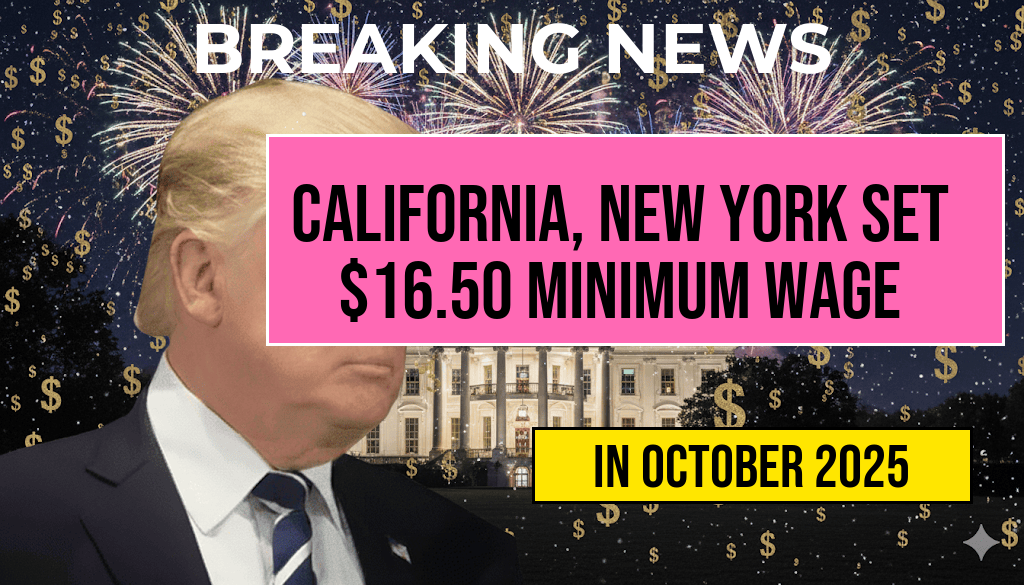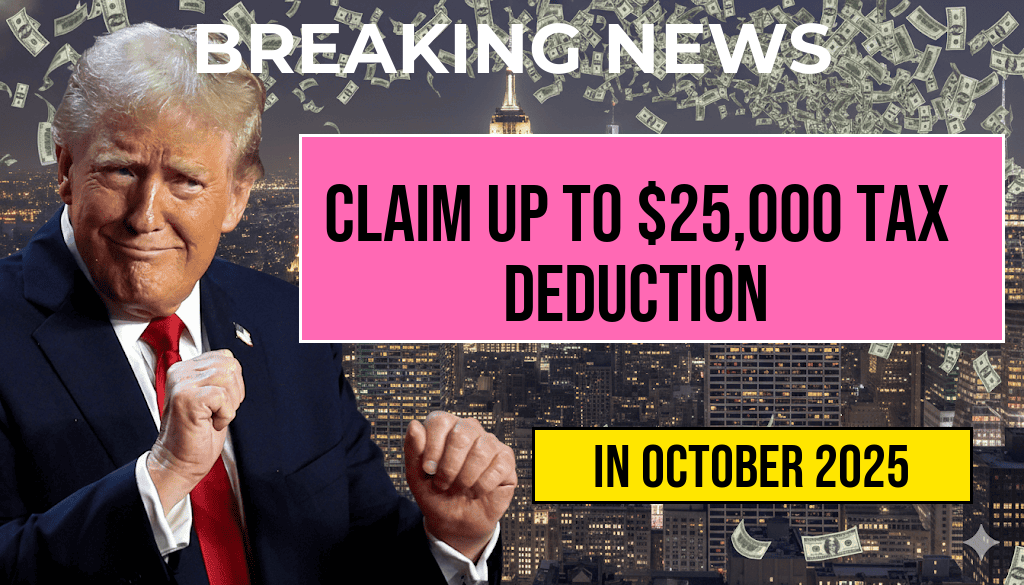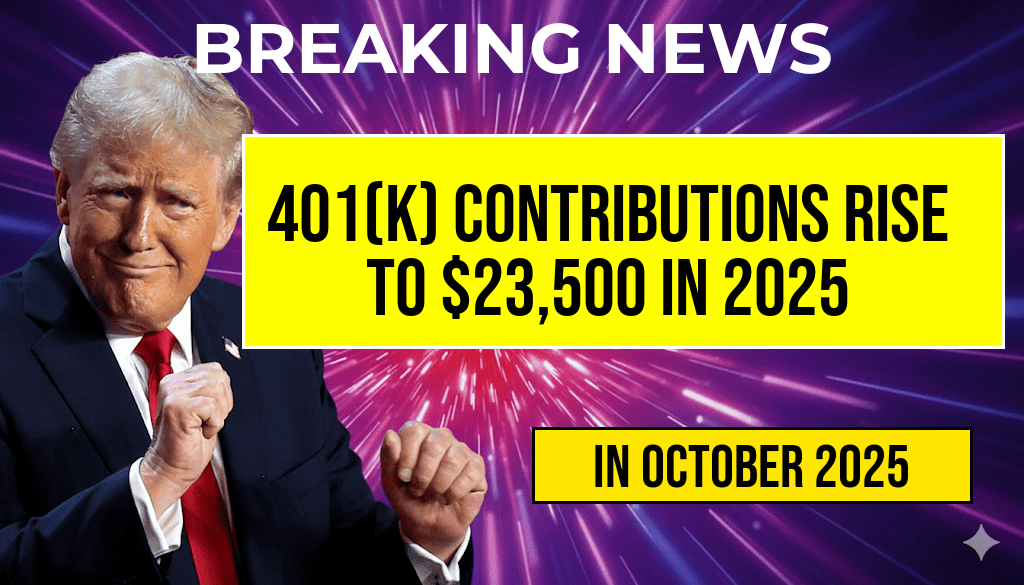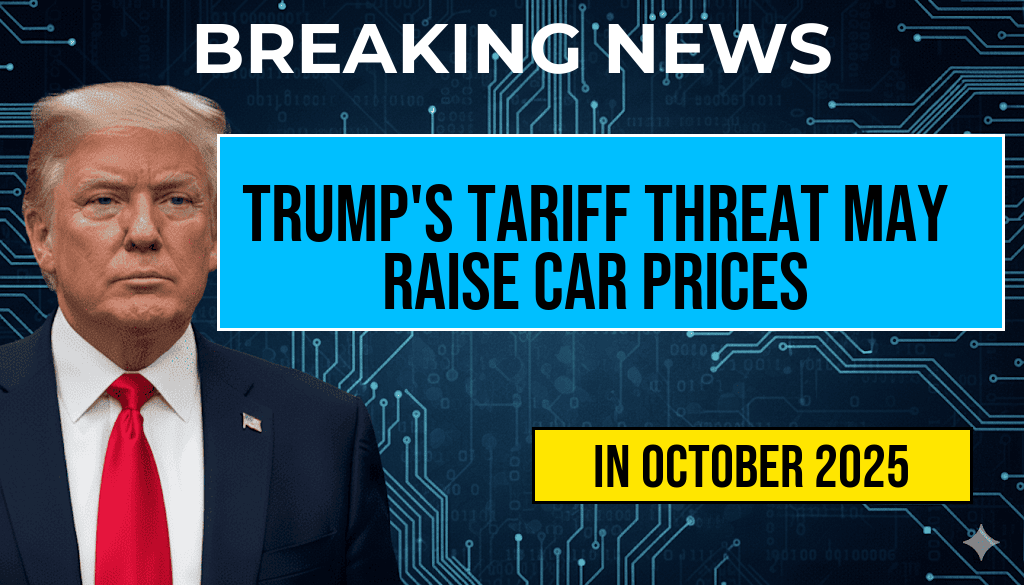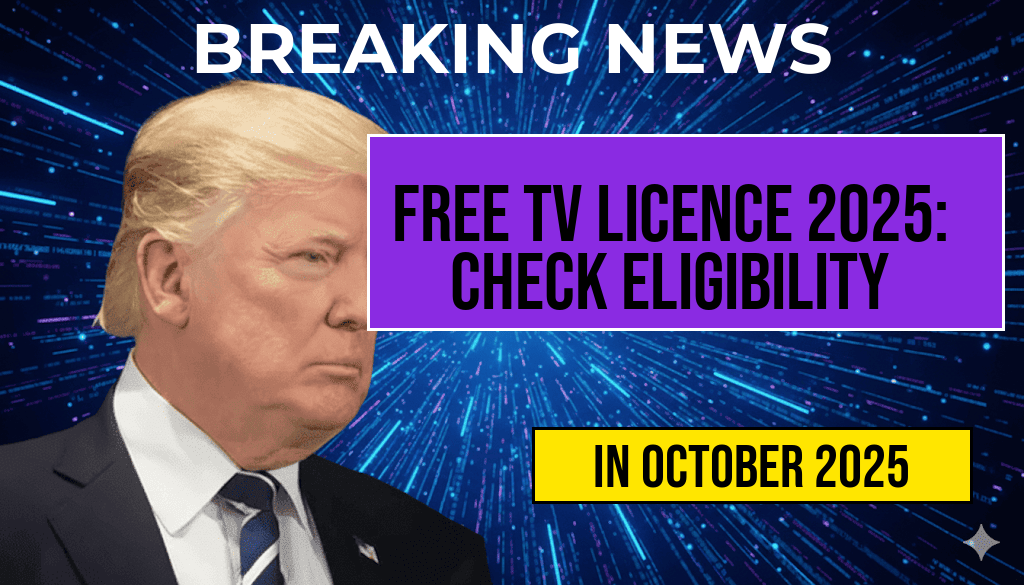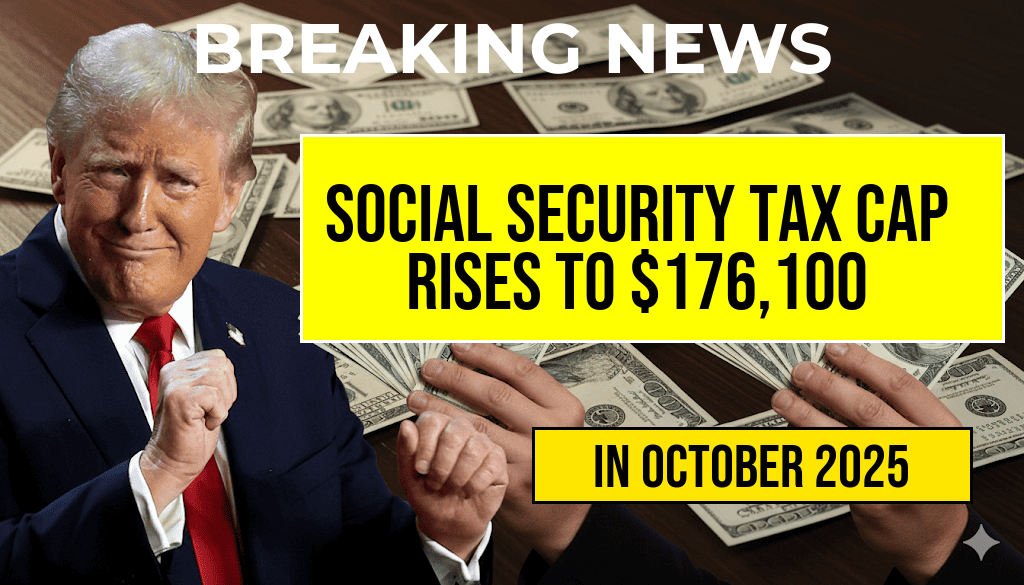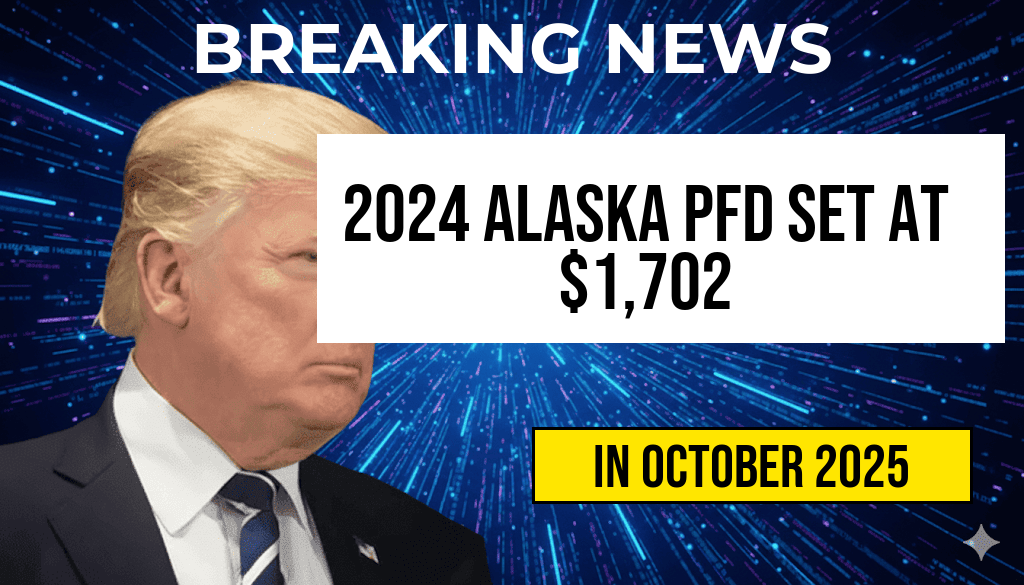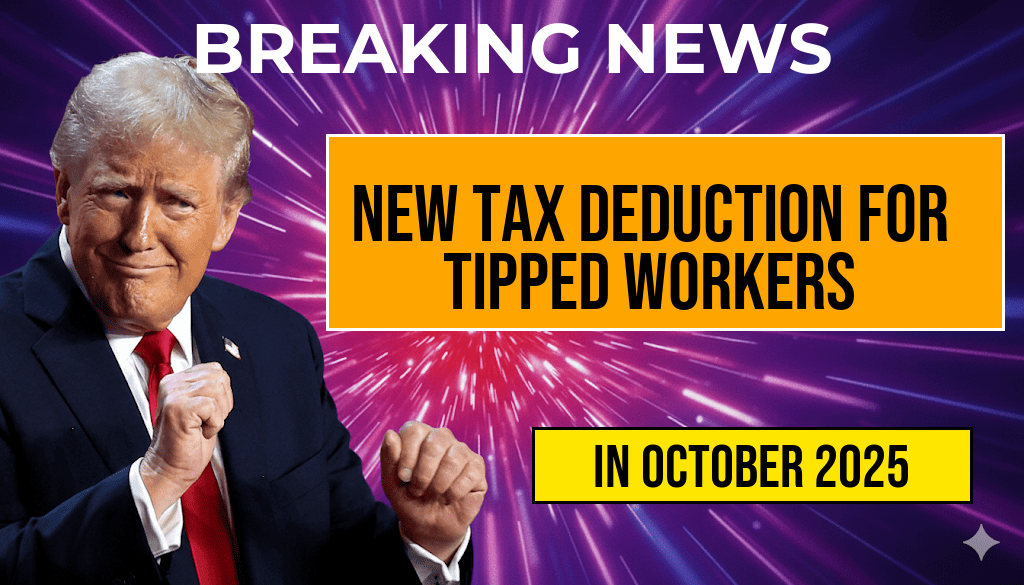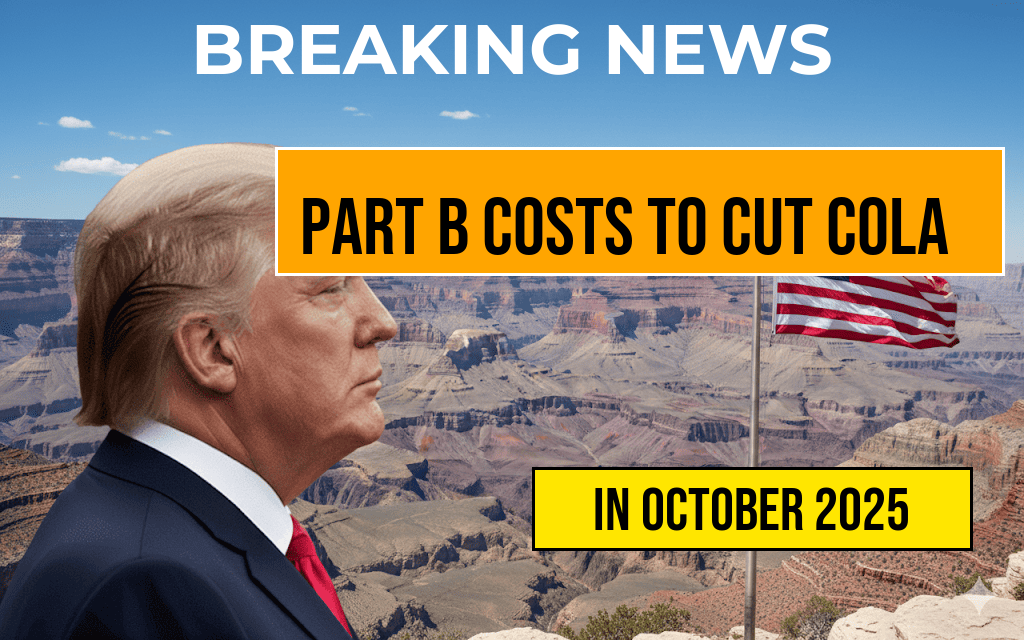The prospect of a free TV licence in 2025 has sparked interest across the United States, especially among vulnerable populations who may benefit from this initiative. As the landscape of media consumption evolves, the U.S. government is exploring ways to make television access more affordable, particularly for those who struggle with financial burdens. Currently, there are specific criteria determining who will qualify for this exemption, and understanding these guidelines is crucial for eligible individuals. This article delves into the details of the free TV licence proposal, including the eligibility requirements and the anticipated impact on various demographics.
Understanding the Free TV Licence Proposal
The idea of a free TV licence stems from an increasing recognition of the importance of accessible information and entertainment. As more households turn to streaming services and online content, traditional television remains a vital source of news and educational programming for many. The proposal aims to alleviate the financial strain of licensing fees, estimated to be around $200 annually for most households, by providing exemptions for qualifying individuals.
Who Qualifies for the Free TV Licence?
The criteria for qualifying for a free TV licence in 2025 are designed to support those who are economically disadvantaged or facing specific challenges. Here are the main categories of eligibility:
- Low-Income Households: Families with an annual income below a certain threshold will be eligible for the free licence. This threshold is still under discussion but is expected to align with federal poverty guidelines.
- Senior Citizens: Individuals aged 65 and older may qualify, particularly if they are living on a fixed income and meet other financial criteria.
- Disabled Individuals: Persons with disabilities who require additional support may also be included in the exemption.
- Students: Full-time students under a specific age limit may qualify if they can demonstrate financial need.
Application Process
To apply for the free TV licence, eligible individuals will need to follow a straightforward application process. This includes:
- Gathering Documentation: Applicants must provide proof of income, age, disability status, or student enrollment, depending on their category of eligibility.
- Submitting an Application: Applications can be completed online through the official government website, or paper forms can be requested and submitted via mail.
- Awaiting Confirmation: After submission, applicants will receive confirmation of their eligibility status, allowing them to access the free licence.
Impact on Communities
The introduction of a free TV licence is expected to have a significant impact on various communities. Here are some potential benefits:
- Increased Access to Information: By removing financial barriers, more individuals will have access to crucial news broadcasts, educational channels, and public service announcements.
- Enhanced Social Inclusion: The initiative could promote social inclusion, enabling those from low-income backgrounds to engage more fully with their communities through shared viewing experiences.
- Support for Local Content: Local news and educational programming can thrive when more viewers are able to access them, fostering a sense of community and shared identity.
Challenges and Considerations
While the proposal for a free TV licence has the potential for positive outcomes, challenges still exist. Some concerns include:
- Funding: The financial implications of providing free licences need thorough examination to ensure sustainability without compromising the quality of broadcast services.
- Implementation: Effective implementation across the diverse landscape of the U.S. may face bureaucratic hurdles that need addressing in advance.
Conclusion
As the conversation surrounding a free TV licence continues to evolve, it becomes increasingly important for potential applicants to stay informed about eligibility requirements and application procedures. Those interested in learning more about the proposal can consult resources such as the Wikipedia page on TV Licences or recent articles from Forbes. By understanding the nuances of this initiative, eligible individuals can take advantage of the opportunity to access quality television programming without the financial burden.
Frequently Asked Questions
What is a free TV licence and who qualifies for it in 2025?
A free TV licence allows eligible individuals to watch live television and use BBC iPlayer without paying the standard licence fee. In 2025, certain groups such as individuals over a specific age, those with disabilities, or low-income households may qualify for this exemption.
How can I apply for a free TV licence?
To apply for a free TV licence, you need to visit the official BBC website and complete the application process online. You may be required to provide personal information and documentation to verify your eligibility.
Are there any changes to the free TV licence eligibility criteria for 2025?
Yes, the eligibility criteria for a free TV licence may change in 2025. It is important to stay updated through official announcements from the BBC regarding any new guidelines or requirements that may apply.
Is the application for a free TV licence renewable?
Yes, the application for a free TV licence may need to be renewed periodically, depending on your circumstances. You should check the specific terms associated with your licence to ensure continuous eligibility.
What happens if I don’t qualify for a free TV licence?
If you do not qualify for a free TV licence, you will need to pay the standard licence fee to legally watch live TV or use BBC iPlayer. Failing to do so may result in penalties or fines from the BBC.

